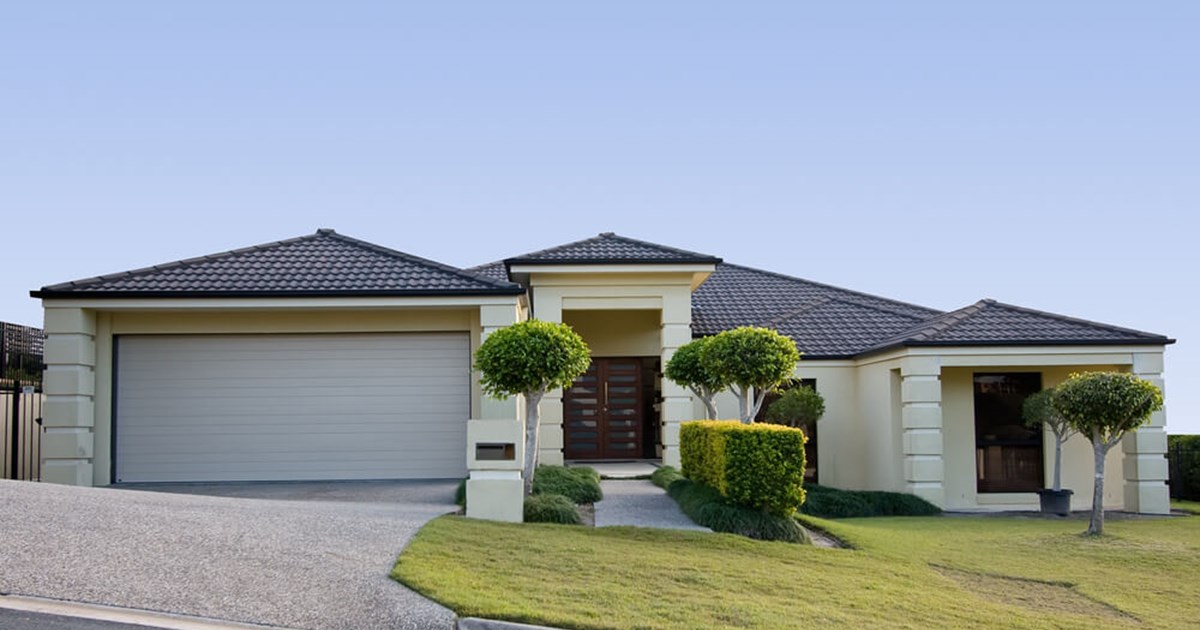For over forty years, Murchie Constructions has provided quality workmanship and attention to detail. Along with our professionalism and versatility, these attributes are valued by our clients in the industrial, retail, health, education and finance sectors.
Building on a sloping block of land? Here’s what you need to know

Have you found the perfect block of land, but are wary of building on a slope? That’s understandable, but there are many common misconceptions regarding building on a sloping block.
Building on a sloping block can be done well and with ease in many cases. In fact, many of Queensland’s most sought after homes are constructed on sloping blocks.
Some of the most stunning areas comprise sloping blocks of land, which offer great views and convenient locations. If you approach the build process the right way and keep a few things in mind, then building on a sloping block will work in your favour.
Choosing the right builder will make all the difference
To get the best service, support and results, you need to choose a good homebuilder. Not all homebuilders are prepared to build on sloping sites, and some will charge considerably more for doing so. In truth, however, building on a sloping site is not as hard as it sounds. If you approach a reliable, reputable homebuilder, they will help you come up with a plan. With a good homebuilder, you will not have to compromise on your desires. If you have a vision for your dream home on a sloping block, then choose a homebuilder who will help you make it happen.
What do you need to think about?
If you are set on building on a sloping site, then there are a few things that might aid in your decision. Many people look at sloping blocks as too hard, but this is simply not true. Despite many misconceptions to the contrary, you can have a cost effective designer home constructed on a sloping block.
1. Building on a sloping block does not necessarily cost more
You have probably heard people telling you that it will be too expensive to build on a sloping site. Don’t worry – this is not always the case. Sure there are some builders who will charge an excessive fee for building on a sloping block. However, there are builders who specialise in custom homes and are well equipped to make your dream home a reality. It is important to remember that extreme slopes may increase the difficulty of the construction, though.
The gradient of the slope will play a role in the cost and feasibility of the construction, however you will end up with a unique custom designed house built purposefully for you! Keep an open mind and listen to your designer who will be able to guide you in the right direction and suggest designs that may reduce the construction costs. Depending on the direction of the slope, it may be better to build up rather than out, or vice versa.
2. You can make your home look fantastic
Homes constructed on sloping blocks are designer heaven. One of the most common types of homes to go on sloping blocks is split level homes and these make for stunning home designs. You have probably seen split-level homes feature in designer magazines, as they combine space utilisation with sleek, modern designs. Homes constructed on sloping sites usually complement the surrounding environment and this makes them very appealing in a designer sense.
When you are calculating the slope of your block, there are a few traps that many unsuspecting homebuyers fall into. The most common of these is averaging the slope. When you build on a block of land, the house itself will only occupy a certain proportion of the area. This means that some parts of the block will remain untouched. When you calculate the slope of your block, it is important that you disregard areas that will not be built on. Including them will only skew the results and make the project seem more daunting than it actually is.
For the best home builders in Bundaberg, contact Murchie Constructions today on (07) 4132 7777.
Murchie Constructions
Need advice for your next build?
Get the advice you need to save money and achieve the outcomes you need for your next design or build project.